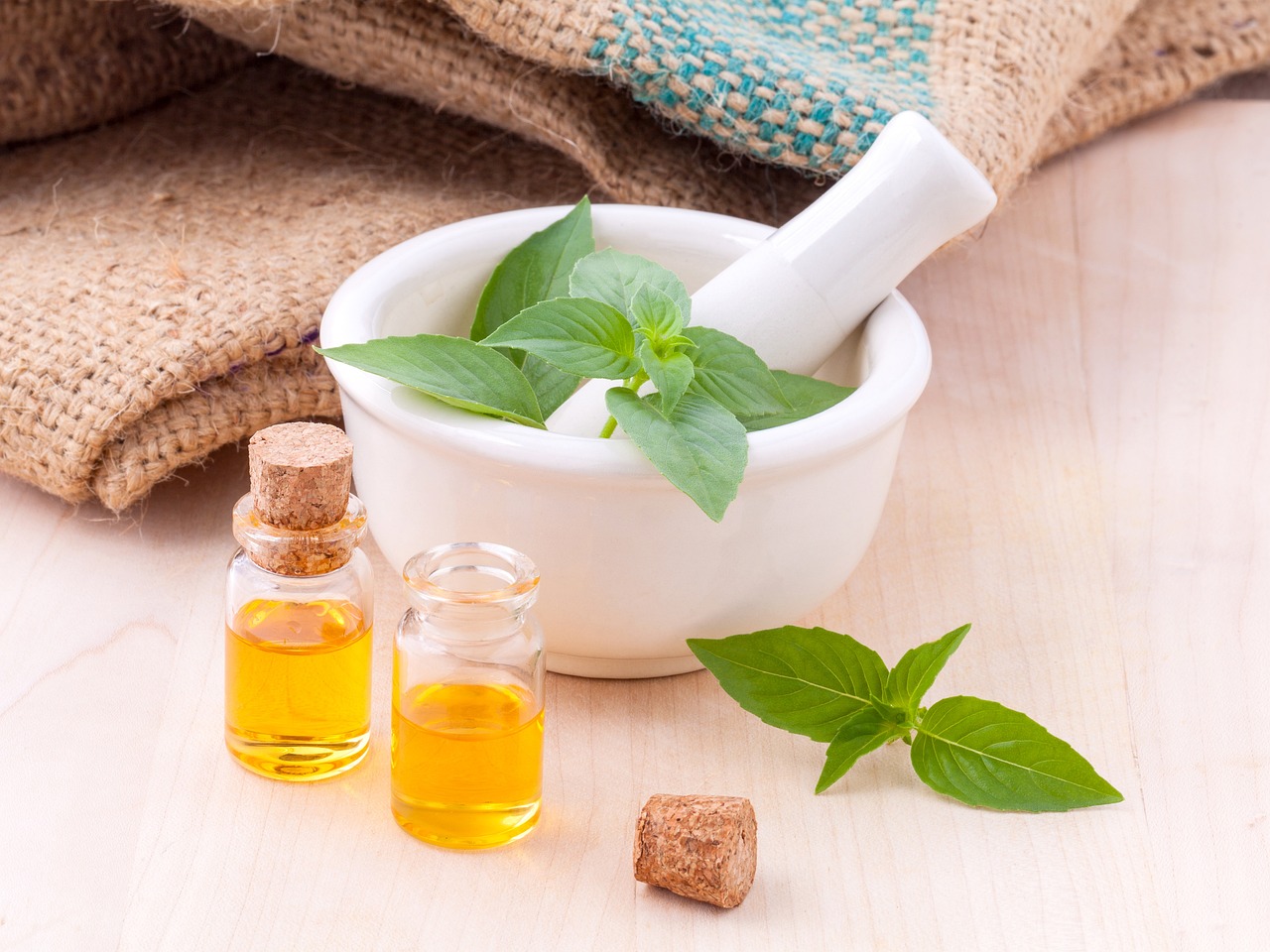
Basil is a versatile herb that is commonly used in cooking, but it also has a host of potential health benefits. From reducing oxidative stress to supporting liver health and protecting against skin aging, basil is packed with antioxidants and other beneficial compounds.
One of the most important benefits of basil is its ability to reduce oxidative stress in the body. Free radicals are unstable molecules that can cause damage to cells and lead to a host of health issues, including cancer, heart disease, and diabetes. Antioxidants, such as anthocyanins and beta carotene, help to neutralize these free radicals and protect the body from damage.
Another potential benefit of basil is its ability to support liver health. A 2015 study in rats found that a powdered preparation of basil, which included the herb tulsi, had a positive impact on liver health. This is likely due to the presence of antioxidants in basil, which help to protect the liver from damage.
Basil may also have anti-cancer properties. A 2013 review of studies found that phytochemicals in holy basil may help to prevent certain types of skin, liver, oral, and lung cancers. These phytochemicals work by increasing antioxidant activity, changing gene expression, triggering cell death, and slowing cell division. However, more research is needed to confirm these findings.
In addition to its potential anti-cancer properties, basil may also help to protect the skin from some of the effects of aging. A 2011 study found that a basil extract applied to laboratory models of skin improved hydration and reduced roughness and wrinkling. While consuming basil alone will not necessarily benefit the skin, the antioxidants in basil and other plant-based foods may have a protective effect when consumed as part of a varied diet.
Basil is also commonly used to help manage blood sugar levels. A 2019 study in rats found that an extract of sweet basil leaves helped to reduce high blood sugar levels and may also help to treat the long-term effects of high blood sugar. If further research confirms these findings, basil extracts could prove useful for people with diabetes.
Finally, basil may also support cardiovascular health. A 2011 review found that a sweet basil extract briefly reduced high blood pressure, likely due to the presence of eugenol, a chemical agent that can block calcium channels in the body.
Overall, basil is a versatile herb with a wide range of potential health benefits. From reducing oxidative stress to supporting liver health and protecting against skin aging, basil is packed with antioxidants and other beneficial compounds that can help to improve overall health and well-being.



Leave a Reply